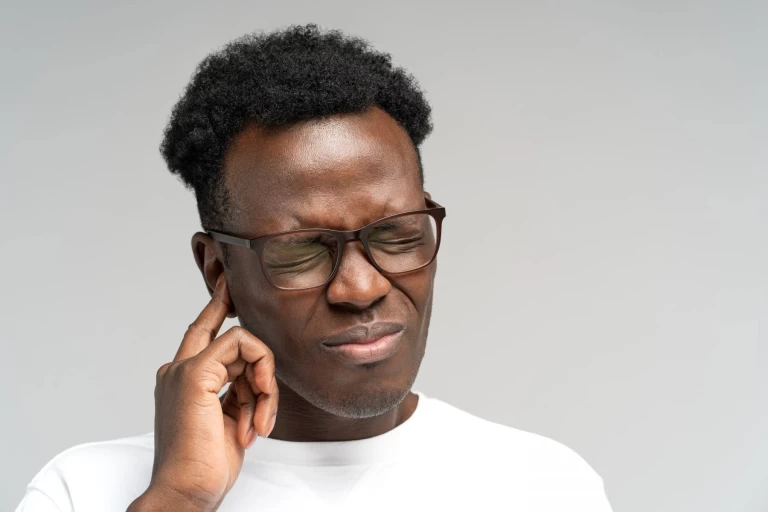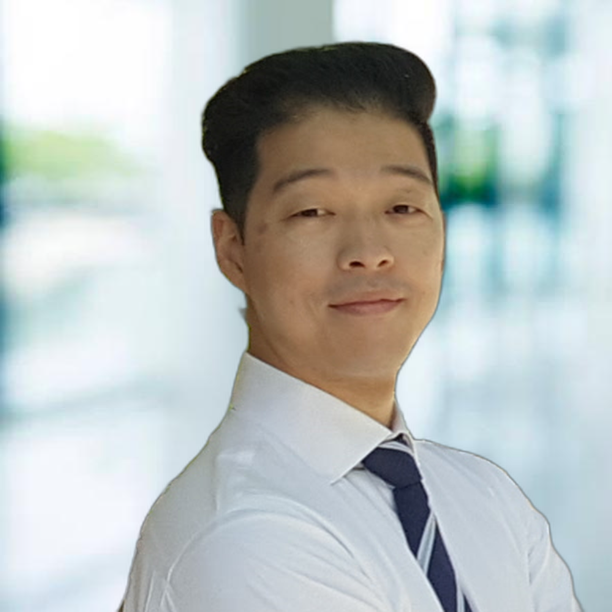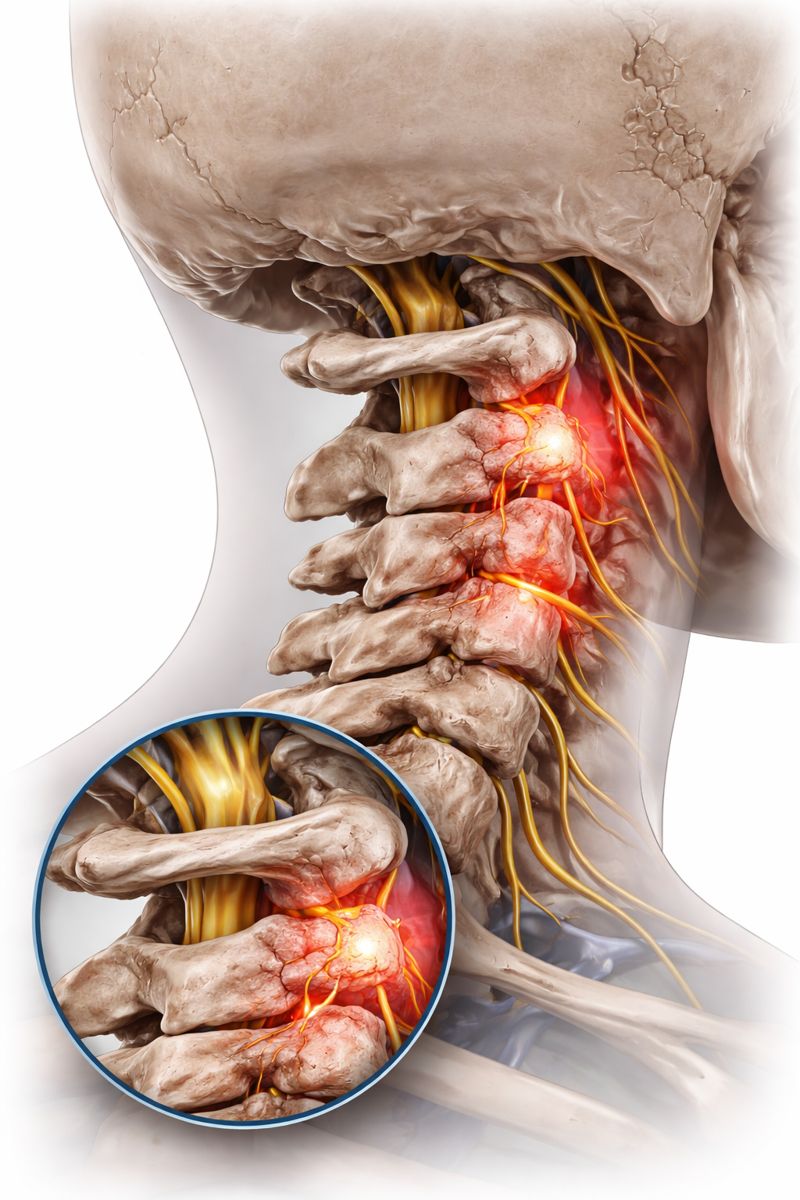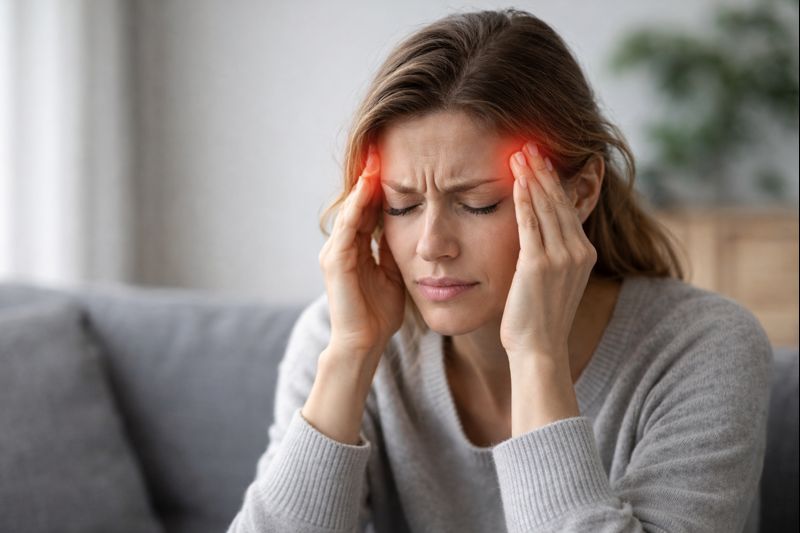
According to the Mayo Clinic's website: Meniere's disease is adisorder of the inner ear that causes spontaneous episodes ofvertigo — a sensation of a spinning motion — along with fluctuatinghearing loss, ringing in the ear (tinnitus), and sometimes afeeling of fullness or pressure in your ear. In many cases,Meniere's disease affects only one ear.
That's all a littleabstract to most people, so let's break it down a bit. The innerear is where the real magic of hearing happens, behind the eardrum.Those smallest of the bones in your body conduct sound vibrationsto the neural tissue that turn the vibrations into information inyour brain.
Problems in this part of the ear are obviously going to causesome interference with your ability to hear well and even cause youto hear some sounds that aren't really happening.
By downloading the Digital Patient Chart mobile app you can better control your patient portal.
This is where Tinnitus comes in. Tinnitus is, essentially, Latinfor inappropriate ringing in the ear. So if you can imagine, or,perhaps you don't have to, a persistent ringing or static soundthat obstructs other sounds you actually need to hear. Differentpeople experience different patterns and pitches with Tinnitus, butthe effect is the same: a maddeningly persistent sound that followsyou to sleep.
Most people also experience a sensation of fullness in the ear.It's not normal, so it is pretty distinct from having water in yourear. Many compare it to that feeling you get while gainingelevation right before your ears 'pop' to compensate for thedifference in air pressure. This feeling of pressure is attributedto an excess of fluid in the inner ear.
These fluids vary from person to person. Some are experiencingan infection; some are not getting the proper drainage from thenatural fluids found within the inner ear. These fluids all do thesame thing when in such volumes: impinge on the function of theear. The ear isn't just responsible for hearing, though; it is alsoa key player in keeping you standing upright.
You see, the brain receives information from the ear about whereyour head is as far as whether it is tilted, upside-down, and whenyou rotate to one direction or the other. Now, take thatinformation and scramble it; how do you think that would feel? Thisis what is referred to as 'Vertigo.'
Suddenly, your brain gets all sorts of inappropriate feedbackfrom the inner ear on tilt and rotation. Just like when you werelittle and got spun around in a chair or went through a looping andtwisting roller coaster, you can get nauseated from such episodesand feel the need to vomit.
Many people with Meniere experience these sorts of symptoms inepisodes that build up from the fullness in the ear to hearingloss, tinnitus, and finally, a wave of vertigo that can really stopa person in their tracks. These episodes are 'triggered' by variouscauses. Some include allergies, viral infection, fluid drainageblockage, and head trauma.
Since this disease can lead to permanent hearing loss, it isn'tsomething to sit on and hope it goes away. Finding a Meniere'sspecialist in your area and having yourself checked out can be thedifference in whether you'll suffer from long-lasting damage to theinner ear. Considering the treatment options out there right now,you don't want just anyone probing around in your ear.
Most doctors will advocate a less invasive approach at first,leaving risky surgeries as the last option. This is wise as even asuccessful surgery can lead to further complications down the line,including permanent hearing loss. Some early approaches includephysical therapy, diet adjustments, lifestyle changes, and uppercervical corrections.
Many people aren't familiar with the final approach listed.Upper cervical care is a healing modality focused on correcting themisalignment of joints in the upper neck. Dr. Burcon, a Meniere'sspecialist out of Grand Rapids, Michigan, has published articles inpeer-reviewed journals about the effects of this sort ofintervention on Meniere's disease.
Essentially, freeing up the joints in the neck relieves thestresses of the muscles and nerves in this area and allows for thehealthy drainage of the fluids from the inner ear. This approach isnon-surgical and non-medical, requiring no drugs whatsoever. Simplyrelieving interference from the body so that it can heal like it'smade to.
Dr. Burcon studies the patient's individual anatomy with theBlair upper cervical system of analysis. This is especiallyinteresting as it considers that not everyone is built the same, soit makes sense that one person may be more prone to these sorts ofdisorders than another.
After all, why would you find two people with similar allergiesand sinus complications, even similar trauma history, but only oneof them has Meniere's?
Dr. Burcon claims that 291 of 300 had experienced completerelief of their symptoms; that's pretty good in our book. The bestpart is that this type of care doesn't carry the residual sideeffects as are possible with drugs or surgery. So, where can youfind this type of specialist in your area? Give us a call, andwe'll help you out.







Leave a comment